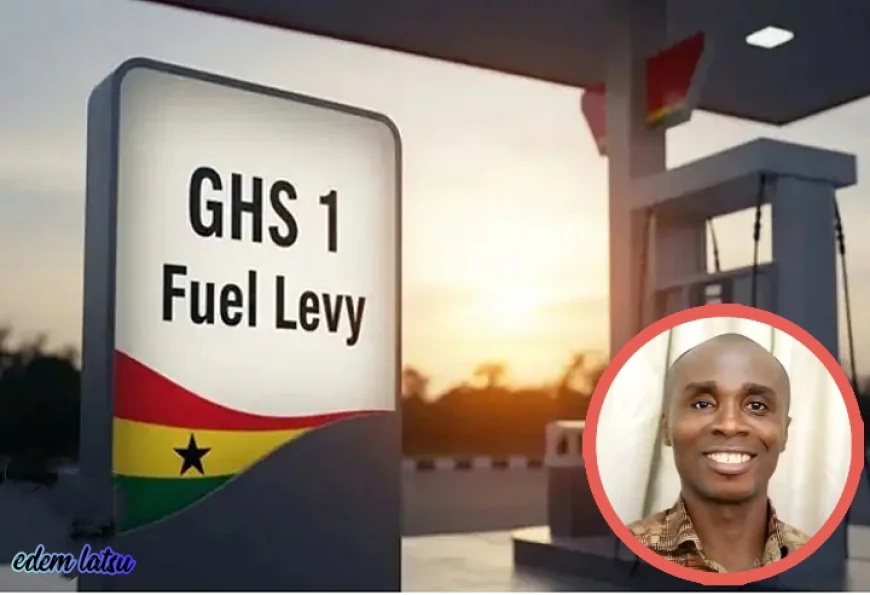GHS 1 Fuel Levy: Ghanaians Better off Accepting It - Prof. Asuming
Economist Prof. Patrick Asuming says Ghanaians should accept the new GHS1 per litre fuel levy if it will resolve the country’s worsening energy crisis. He also criticises the levy’s timing and communication.

Economist Professor Patrick Asuming has stated that Ghanaians are better off accepting the newly introduced GHS1 fuel levy, given the urgent need to resolve the country's worsening energy sector challenges.
His remarks follow the passage of the Energy Sector Levy (Amendment) Bill, 2025 by Parliament. The bill introduces a GHS 1 tax on each litre of petroleum product to help clear mounting debts in the energy sector and stabilise power supply across Ghana.
Levy Is a Hard but Necessary Choice
Speaking on Citi TV's weekend political talk show "The Big Issue" hosted by Selorm Adonoo on Channel One TV on Saturday, June 7, Prof. Asuming expressed strong support for the policy, citing its long-term economic significance.
“As Ghanaians, we know the problems in the energy sector, and we’re better off accepting the GHS1 per litre levy, if it is indeed going to fix the problem, than wait for the whole thing to come crashing down on us,” he said.
He stressed that a failing power sector threatens the success of major national initiatives, including the government’s industrialisation agenda and its proposed 24-hour economy.
“Everybody knows that if we don’t deal with the energy sector problems, we’re not going anywhere. We can have all the other big plans — all these things about industrialisation, a 24-hour economy. Anything that we’re talking about, we have to address the energy sector,” he added.
Timing and Communication Raise Concerns
While endorsing the purpose of the levy, Prof. Asuming criticised the timing of its introduction and the lack of clarity in public communication surrounding the measure.
“My only issue is the timing and how it has been presented. The confusion about whether it is fuel only or not doesn’t help,” he explained.
His comments reflect growing public frustration over the rollout of the new tax, with many citizens unsure of how the levy will impact fuel pricing and the broader cost of living.
Background: What Is the GHS1 Fuel Levy?
The GHS1 fuel levy, introduced via the Energy Sector Levies (Amendment) Bill, 2025, is a government policy aimed at generating revenue to:
-
Settle debts owed to Independent Power Producers (IPPs)
-
Fund critical infrastructure upgrades in the energy sector
-
Restore investor confidence and improve electricity reliability
Public Reactions: Mixed Feelings Over Policy Impact
While some economists and policymakers support the levy as a necessary step to rescue Ghana’s energy sector, many citizens and civil society groups have voiced concerns over:
-
Rising cost of fuel and transport
-
Inflationary pressures on food and essential goods
-
Burden on low-income households
-
Lack of transparency in how funds will be utilised
Final Thoughts
Prof. Asuming’s remarks highlight the tension between economic pragmatism and political communication. While he backs the fuel levy for its potential to fix the country’s long-standing power issues, he joins others in calling for greater transparency and strategic engagement with the public.
With inflation already high and public trust in fiscal management low, the government’s ability to manage this policy responsibly and communicate its benefits clearly will be key to its success
For continuous updates on economic and corporate developments in Ghana, follow thehubweb.com.


